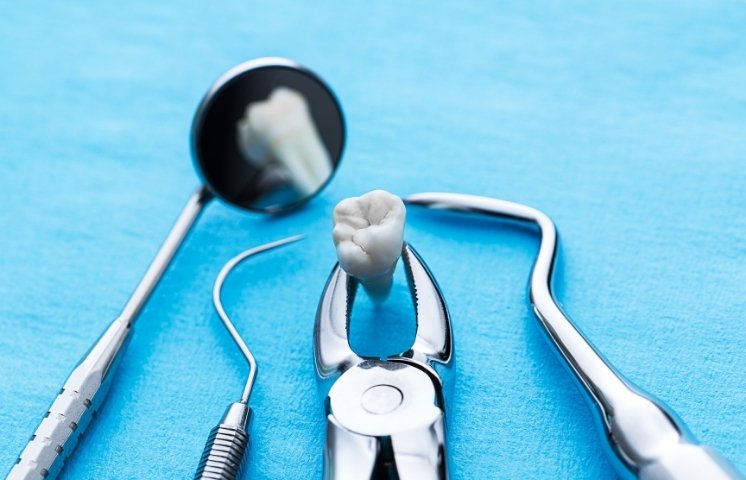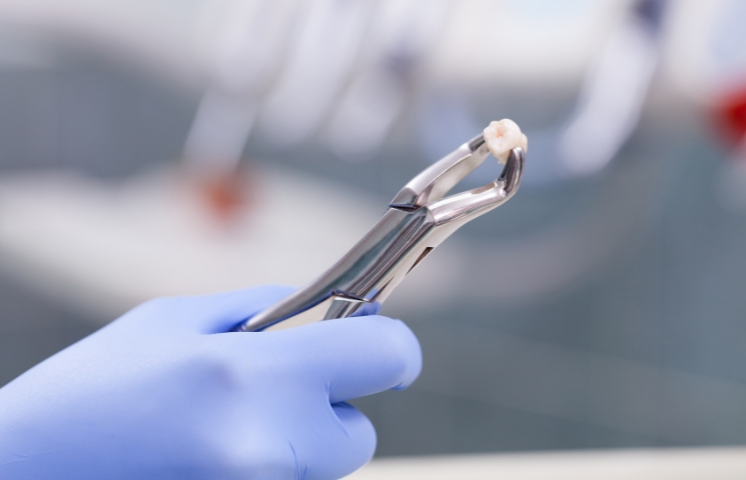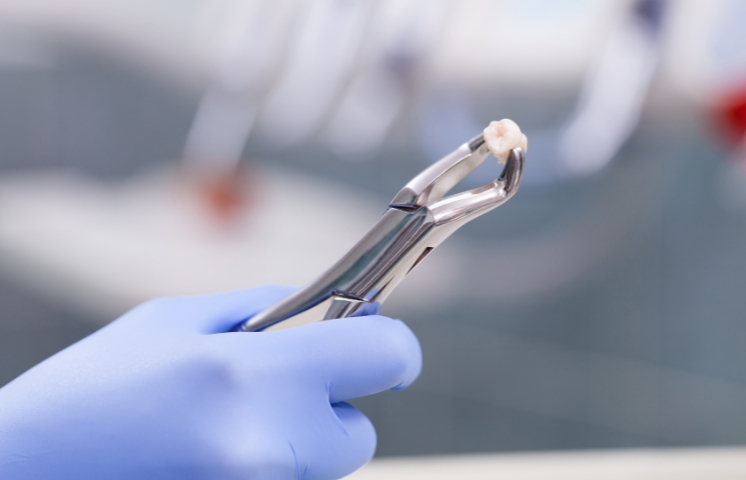
Common Reasons for Tooth Extraction
Teeth are a vital part of our body and play a crucial role in our everyday lives. You need them to eat, chew, smile, and speak. However, there are certain situations where dental professionals suggest a tooth extraction procedure.
For that, you must know about the reasons for this common procedure. It may help you accept that it is the right course of action or may even mean you can avoid it altogether.
Reasons Behind Tooth Extraction
Here are some major reasons for a tooth extraction.
Gum Disease
Bacteria and plaque buildup around the gum line is commonly known as gum disease or periodontal disease. It leads to inflammation and eventual destruction of the supporting tissues and bone.
As gum disease progresses, it can result in teeth to loosen and shift. This makes extraction necessary in some cases where the teeth are beyond saving. When you remove affected teeth, it can help prevent the spread of infection. It will improve overall dental health.
Impacted Wisdom Teeth
Wisdom teeth are known as third molars. These are typically emerge between 17 and 25. Sometimes, the jaw does not have insufficient space for these teeth to grow correctly.
If wisdom teeth partially erupt or are trapped through the gums, they are called impacted wisdom teeth. This condition can cause misalignment of nearby teeth, gum infections, swelling, and pain. Dental professionals may suggest extracting the impacted wisdom teeth to prevent these issues.
Severe Decay and Damage
Extensive tooth decay can be a reason for tooth extraction Buda. This issue compromises the tooth structure beyond repair. If you leave cavities untreated, they can spread deeper into the tooth. It will reach blood vessels, nerves, and pulp.
The tooth becomes severely weakened and painful at this stage. Often, it requires extraction to prevent infection from spreading to adjacent teeth or even into the bloodstream.
Overcrowding
This issue occurs when the jaw has insufficient space to accommodate all the teeth. This can cause misalignment or overlapping. It causes difficulties in maintaining proper dental hygiene. Gradually, it increases the risk of oral issues.
In some cases, removing one or more teeth may be necessary where orthodontic treatment is not indicated. It will relieve overcrowding and prevent further oral problems.
Irreparable Tooth Infections
If a tooth gets infected and the infection reaches the pulp and root canal system, it needs a root canal treatment to save the tooth. However, if the infection is severe and is unable to be effectively treated through root canal procedures or antibiotics, tooth extraction will come to the rescue. It may be the only option to prevent the spread of infection to other parts of the mouth and body.
Trauma
Accidents can happen to anyone. Sometimes, injuries to the mouth or face can lead to severe damage to a tooth, which makes it impossible to repair the tooth. Trauma to the teeth can make them become broken, cracked, or loose. In such situations, your dentist might suggest an extraction. It will help prevent further pain and complications.
If you are confused about whether you need a tooth extraction, call our dentists. We can help you to understand your situation and offer the best treatment option based on your case.


